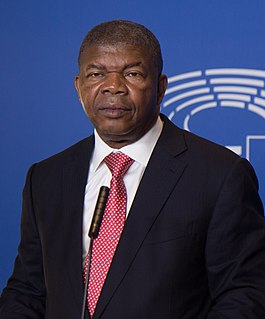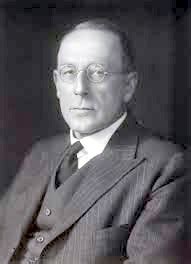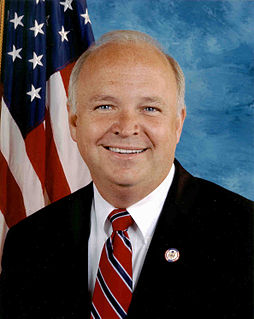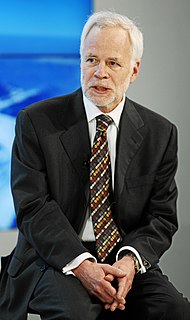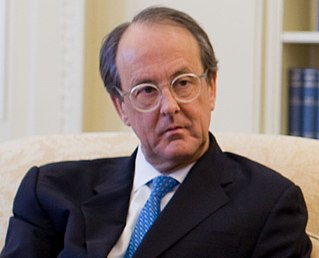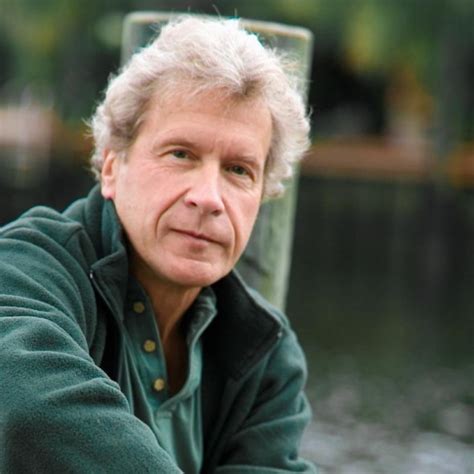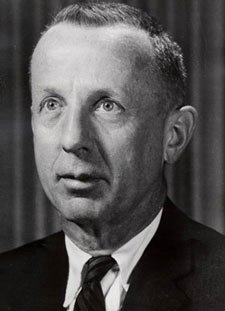Top 1200 Economic History Quotes & Sayings
Explore popular Economic History quotes.
Last updated on October 8, 2024.
Every single human being is creative and maximizing that creativity is critical to happiness and economic growth. Economic growth is driven by creativity, so if we want to increase it, we have to tap into the creativity of everyone. That's what makes me optimistic. For the first time in human history, the basic logic of our economy dictates that further economic development requires the further development and use of human creative capabilities. The great challenge of our time is to find ways to tap into every human's creativity.
One thing that's important to point out is that this kind of populism has a long and mixed history. It's part of this tradition of problematic anti-elitism where the elites are always the liberal class - the intellectuals, the professors, the artists - and not the economic elites. Why are we so mad and aggrieved at newspaper editors but not at corporate executives? I think we need to look more at the latter, at economic elites.
Events are the ephemera of history; they pass across its stage like fireflies, hardly glimpsed before they settle back into darkness and as often as not into oblivion. Every event, however brief, has to be sure a contribution to make, lights up some dark corner or even some wide vista of history. Nor is it only political history which benefits most, for every historical landscape - political, economic, social, even geographical - is illumined by the intermittent flare of the event.
There is a sort of myth of History that philosophers have.... History for philosophers is some sort of great, vast continuity in which the freedom of individuals and economic or social determinations come and get entangled. When someone lays a finger on one of those great themes--continuity, the effective exercise of human liberty, how individual liberty is articulated with social determinations--when someone touches one of these three myths, these good people start crying out that History is being raped or murdered.
The defining moment in American economic history is when Bill Clinton lobbied to get China into the World Trade Organization. It was the worst political and economic mistake in American history in the last 100 years. China went into the World Trade Organization and agreed to play by certain rules. Instead, they are illegally subsidizing their exports, manipulating their currency, stealing all of our intellectual property, using sweatshops, using pollution havens. What happens is, our businesses and workers are playing that game with two hands tied behind their back.
It is thus hardly surprising that so many of the great minds in recent history have concerned themselves with economic matters. Indeed, they have come to regard economic theory in precisely the same way the ancient philosophers viewed the heavens - as the key to understanding and controlling our fate.
The fact that you couldn't see Alfred Hitchcock's first film The Mountain Eagle, or that you couldn't see so many of F.W. Murnau's masterpieces, or that you couldn't see so many of Oscar Micheaux's really intriguing race melodramas, made with fierce independent spirit against all odds in '20s and '30s America. That stuff haunted me. They really did bring to life a sense of 20th Century history: cultural history, pop history, gender politics and race politics, socio economic history, all that stuff. It was bracing and instructive.






